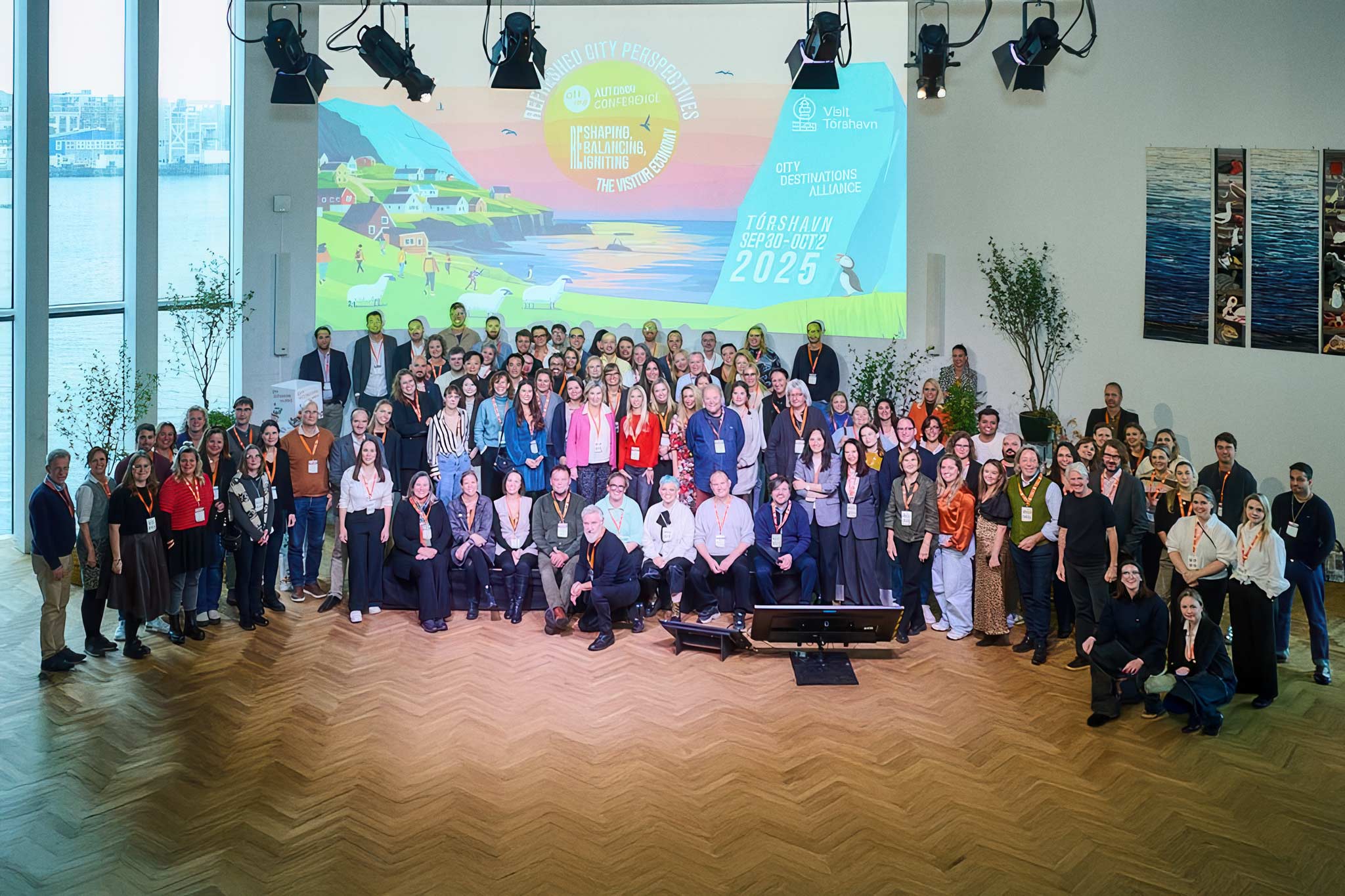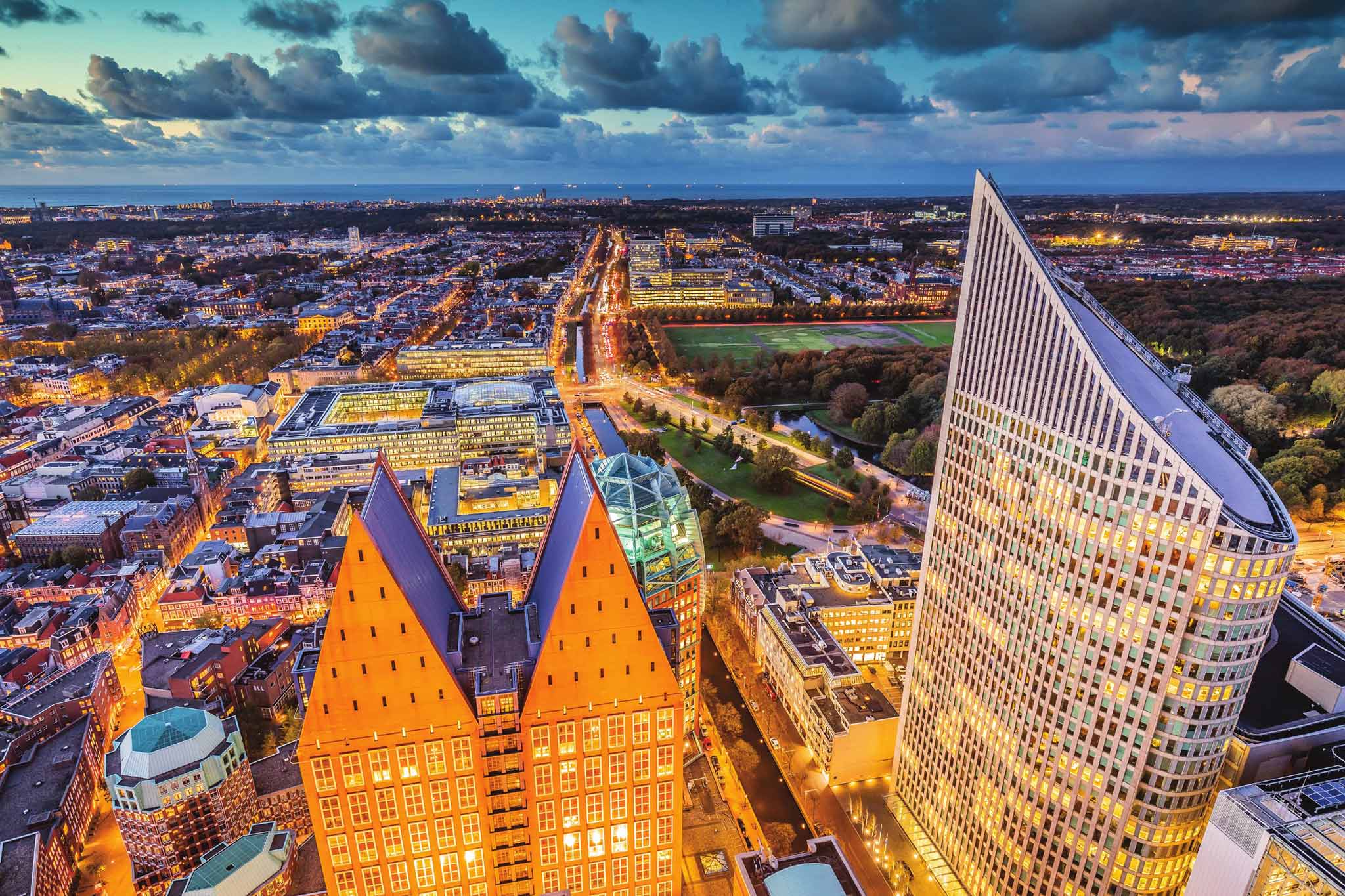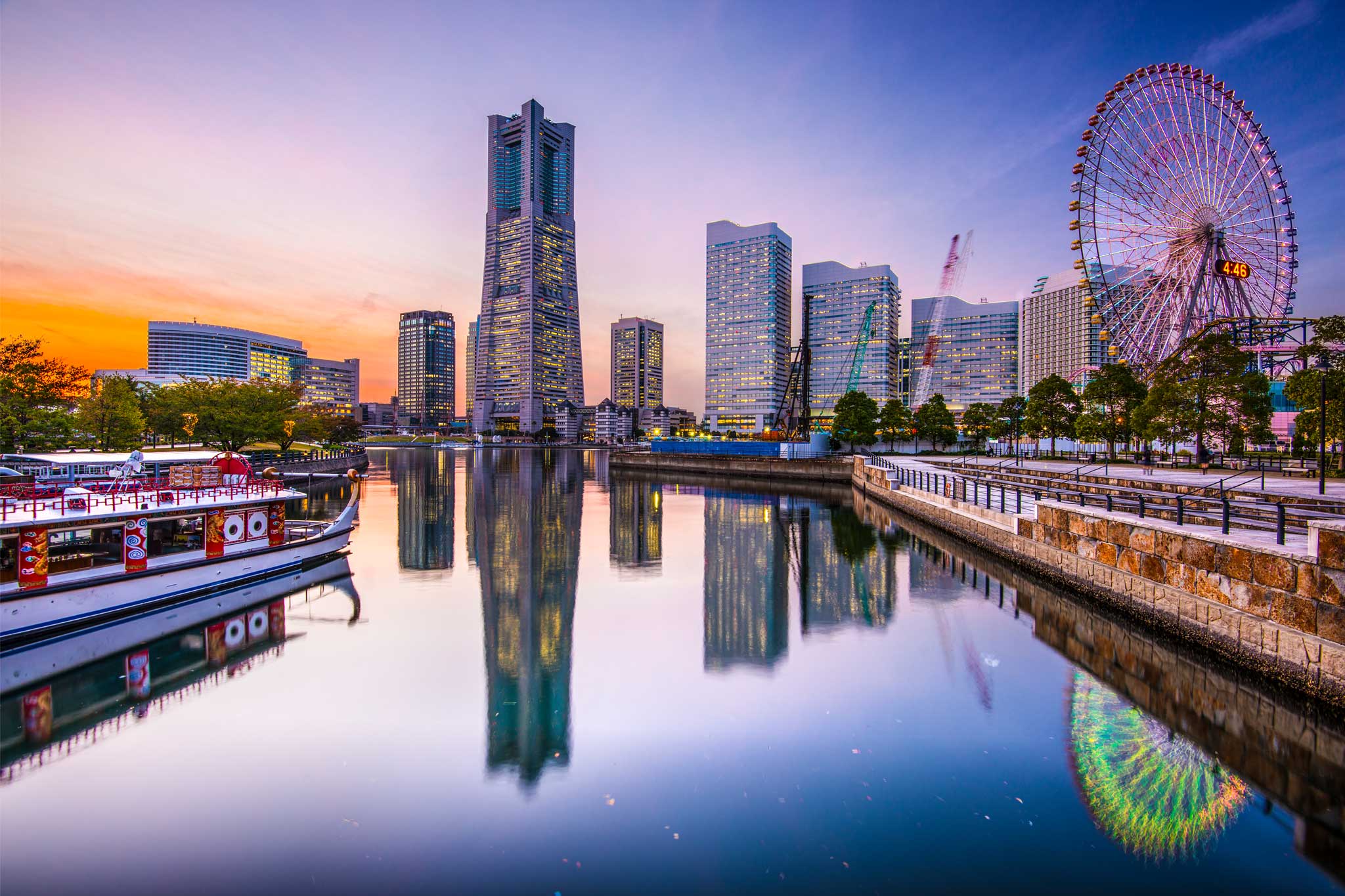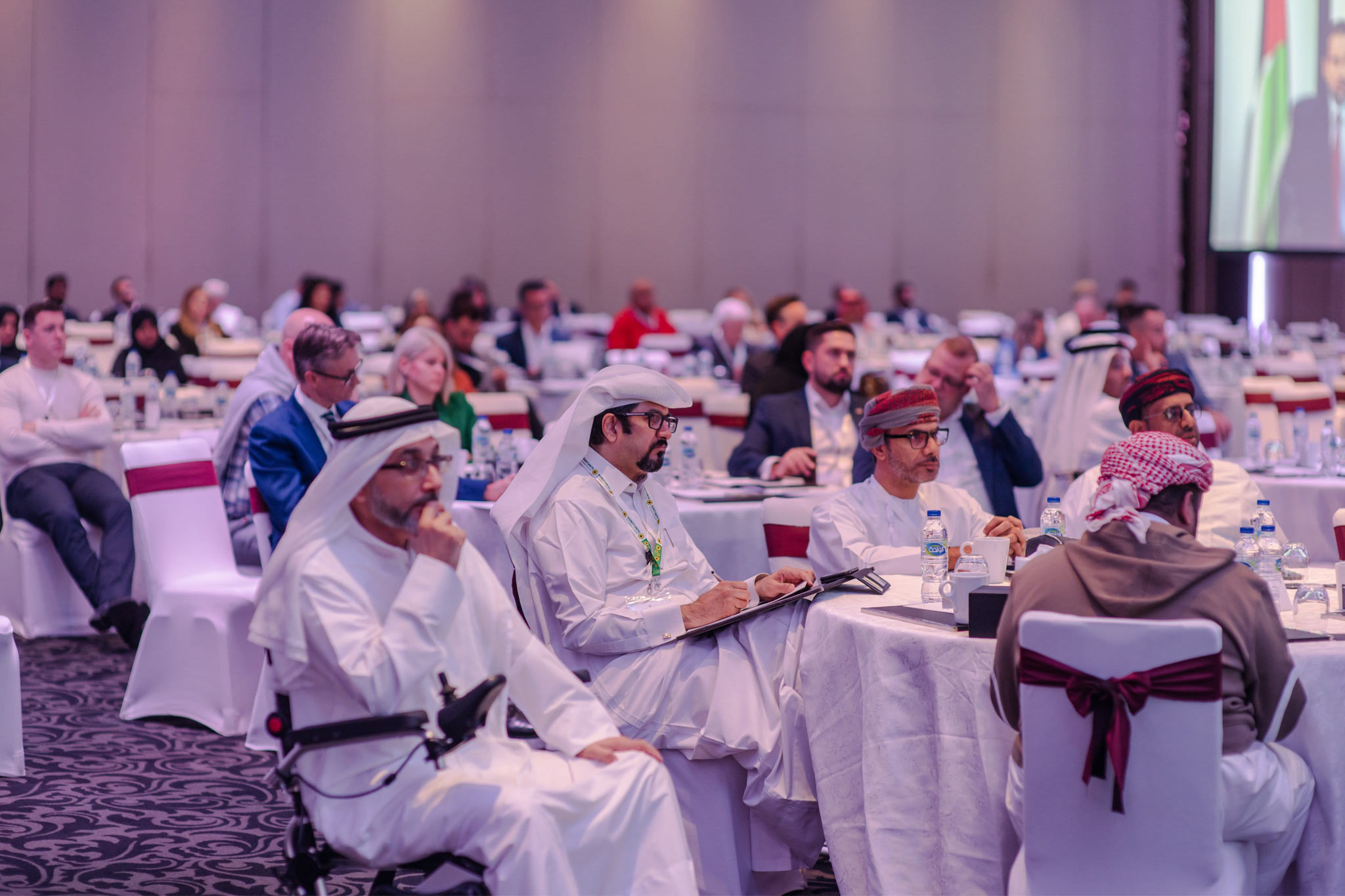More than 130 leaders from European city destinations gathered in the Faroe Islands for the City Destinations Alliance Autumn Conference 2025, hosted by Visit Tórshavn from September 30 to October 3. Under the theme Refreshed City Perspectives, the event invited participants to pause, reconnect, and reimagine the visitor economy from a place of collaboration, creativity, and purpose.
Set against Tórshavn’s landscapes and warm hospitality, the event embodied the resilience and openness of the City Destinations Alliance (CityDNA) community, creating the ideal atmosphere for dialogue, connection, and inspiration.
A shared vision in progress: The Tórshavn declaration
The conference marked the beginning of a collective process that will lead to the Tórshavn Declaration, a shared commitment to reframe the role of Destination Marketing and Management Organisations (DMOs). Through workshops built around the Political, Economic, Social, and Technological (PEST) dimensions, attendees identified the most pressing priorities for cities: stronger advocacy at the EU level, sustainable funding models, inclusivity, AI integration, and data ethics.
“The Tórshavn Declaration isn’t a finished text, it’s the start of a movement,” said Barbara Jamison-Woods, President of City Destinations Alliance. “Our members are co-authoring a shared vision for European cities for the next 18 months: one that balances growth with care, innovation with integrity, and visitors with residents.”
The declaration’s outcomes will be refined and unveiled later this autumn, marking the beginning of a new chapter for CityDNA and its member cities where through the Declaration, CityDNA members will be guided on what to focus on and what to do to remain relevant in a VUCA world. The Tórshavn Declaration is not replacing CityDNA strategy but is adding more relevance into it.
Reclaiming connection and identity
Speakers and participants repeatedly highlighted the need to bring meaning and humanity back to the centre of tourism.
Jesse Palmer from the House of Beautiful Business reminded delegates that rebuilding genuine community requires empathy and intentional rituals. Her reflections on shared human connection resonated deeply with delegates navigating a digital-first world.
Dr. Caitlin Morrissey from The DNA of Cities invited attendees to “decode” their city’s DNA, its identity, culture, and story, as a strategic compass for urban development. Using examples from Sydney, Manchester, Kyiv, and Tórshavn itself, she demonstrated how storytelling and governance can shape more authentic and resilient cities.
Discussions underscored that storytelling, governance, and place identity are deeply interconnected. As cities face global competition, authenticity and citizen engagement have become their most powerful assets.
Innovation, data, and the new language of tourism
A central takeaway from the conference was the transformative power of data and technology when applied responsibly.
Participants explored how artificial intelligence and automation can support marketing, operations, and visitor experience – while emphasising the need for transparency, digital literacy, and ethical frameworks.
Bastian Hiller and Friedemann Schütz (Teejit) demonstrated how AI-driven tools can streamline workflows and enable smarter decision-making, while Cédric Lopez and Luca Romozzi (Sojern) shared insights on digital-first strategies that help destinations personalise storytelling and measure impact.
Together, they highlighted that innovation in tourism must remain human-centred, guided by creativity, accountability, and trust.
Insights shared by Bozana Zekan (Modul University Vienna) through the City Travel Report by CityDNA 2024–2025, revealed that European city tourism is entering a period of strategic stabilisation: urban destinations are performing strongly, long-haul travel is rebounding, and digital transformation is accelerating – but carbon emissions are rising, calling for bold sustainability action.
Collaboration, inclusion, and regenerative thinking
Across all discussions, a common conviction emerged: cities must shift from marketing destinations to stewarding visitor ecosystems. Accessibility, inclusion, and resident sentiment were recognised as essential to building trust and resilience.
Łukasz Wysocki (Visit Gdańsk) demonstrated how honest communication and universal design are not only ethical imperatives but also strategic advantages.
Meanwhile, discussions on community-driven collaboration, featuring speakers from London & Partners, Madrid Destino, and Visit Faroe Islands, highlighted how successful destinations are moving beyond promotion to co-creation – empowering residents and local stakeholders as active partners in shaping the visitor experience.
Together, these insights reflected a sector evolving from marketing destinations to stewarding visitor ecosystems.
At the same time, David Peacock (Simpleview, VivaCITY), Henna Siltanen and Kaisa Kosonen (City of Helsinki), and Reinhard Lanner (Saint Elmo’s) illustrated how data and co-creation can support regenerative tourism models. Examples showed that when communities are empowered through knowledge-sharing and collaboration, tourism becomes a driver of both sustainability and civic pride.
Carolin Giarra (ETFI) and Claire Mertens (City of Antwerp) contributed to climate-focused dialogues, presenting through a workshop strategic foresight approaches to help DMOs anticipate and adapt to multiple possible futures. Their work, based on a whitepaper co-created with 19 European destinations, illustrated how scenario planning can guide resilient strategies amid climate uncertainty and technological disruption – reinforcing the need for collective action and evidence-based policy.
Across parallel sessions and workshops, themes such as wellness tourism, climate adaptation, resident sentiment, and the €1.6 trillion meetings industry added further depth and diversity to the programme.
These discussions reaffirmed CityDNA’s role as the key forum for innovation and peer learning among European cities, where collaboration continues to drive progress across the visitor economy.
“Across every theme, from accessibility to AI, one message stood out,” added Barbara Jamison-Woods. “Building the visitor economy of tomorrow requires co-creation — not top-down management, but shared responsibility and purpose.”
Participants got the chance to hear from a wide range of members and destinations (Amsterdam&Partners, City of Antwerp, Wonderful Copenhagen, Dublin City Council, Visit Faroe Islands, Visit Gdańsk, Helsinki Partners and City of Helsinki, London & Partners, Maastricht Convention Bureau, Madrid Destino, Visit Tórshavn) as well as CityDNA partners and collaborators (Group NAO, Sojern, SoolNua, ETFI, Miles Partnership, MMGY TCI Research, Modul University Vienna, Saint Elmo’s, Simpleview, The DNA of Cities) and other companies and universities (Meetings International, Spotted by Locals, Tiki, TU Dublin, Teejit, The House of Beautiful Business).
Local legacy and cultural connection
The social programme reflected the Faroese spirit of stewardship and connection. Delegates joined local NGO Rudda Føroyar for a beach clean-up, taking tangible action to protect the islands’ fragile environment, and participated in a guided hike to Kirkjubøur, exploring the Faroe Islands’ deep cultural heritage and scenic landscapes.
Learning also extended beyond the conference venue through ‘walkshops’, where participants discussed topics like voluntourism and city identity while engaging directly with the local setting. The week’s cultural highlight came during the networking dinner, featuring a surprise concert by local musician Marius Ziska, an evening that perfectly captured the warmth and creativity of Tórshavn’s community.
CityDNA warmly thanks Visit Tórshavn for their outstanding partnership and hospitality throughout the week.
Looking ahead
As CityDNA prepares to finalise and publish the Tórshavn Declaration later this autumn, the Alliance continues to advance its mission through upcoming events including the Visitor Experience Expert Meeting in Vilnius (November 2025), the CVB Expert Meeting in Graz (January 2026), the CEO Meeting in Barcelona (February 2026), and the International Conference & General Assembly in Helsinki (April 2026).



